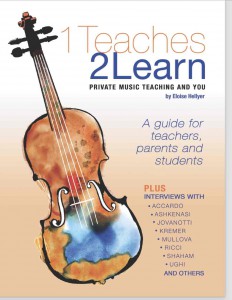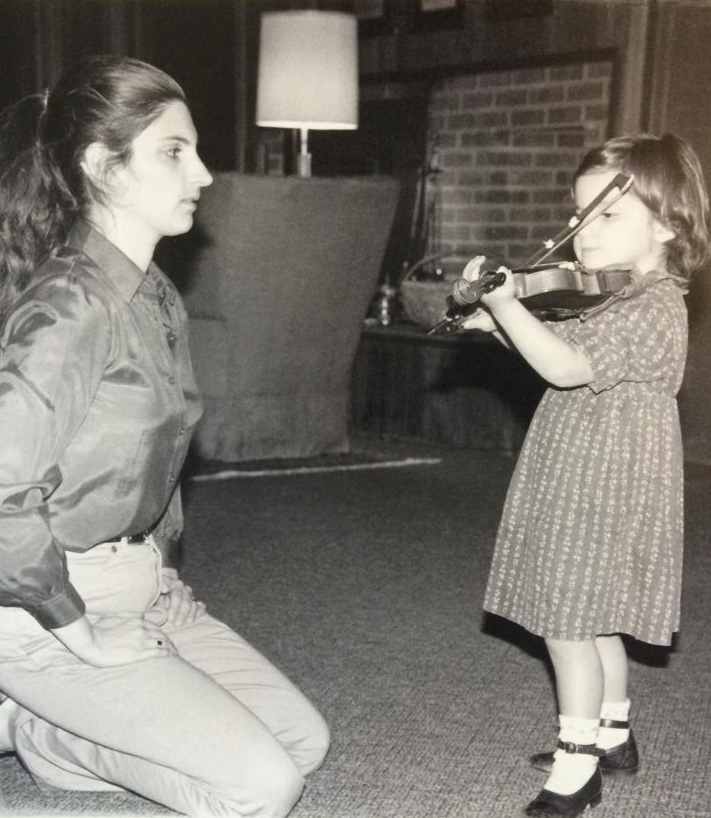Peace of Mind and Acceptance
Ah, Peace of Mind. It’s given a lot of lip service. But what does it mean?
“I learned to accept who I am not what I am.”
This was the conclusion of a post I read on Quora recently. It was written by a man with personality and mood disorders in a marvelously cogent answer on the value of seeking a diagnosis for certain suspected mental health problems. If you think of it, his is a very profound statement. How many of us go through life with labels either given to us by ourselves or by others? How courageous and wise of this individual to decide that he wasn’t a series of capital letters all strung together – his diagnosis – but a real person who has a few important problems and isn’t going to let it ruin his outlook.
How many of us decide we are a “what” instead of a “who?” I’m bright, I’m selfish, I’m organized I yam I yam I yam, etc… How much better to just accept whoever we are in that moment without putting a name or a personal pronoun on it, live it to the fullest and thus be a lot nicer to ourselves: correct what we do, not what we are and thus be who we are, not what we (or others) think we are?
In corresponding with students, violinists, and teachers on various social media I have noticed a certain amount of unhappiness, or non-acceptance, out there. I know one violinist who is convinced that he’s not very good (he is, but doesn’t seem to realize it), and will never be as good as so-and-so. Just how much is he enjoying his playing? What effect will his frustrations have on his teaching? You can well imagine that he has nowhere near the student load he would like to have and needs economically. In fact, I spent a good bit of time convincing him to be kinder to everyone – himself, first and foremost. Unaccepting people don’t attract students and may have a hard time keeping the ones they have.
This lack of self-acceptance is not limited just to teachers: one adult student I know told me that because she would get very angry with herself when she made mistakes, her teacher decided to stop giving her lessons. Why? Because the teacher took this anger to mean that her student was cutting herself off from the teacher. Seriously? If this is how this teacher felt, she should have been breaking her neck trying to reconnect with the student and helping her deal with her self-flagellation, instead of kicking her out of her studio. That’s what we are supposed to be doing: helping our students direct their energy, focus, and passion away from themselves and towards the music. I reassured the student that nothing was wrong with her and everything was wrong with the teacher, a person perhaps so upset by and taken with her own self-perceived defects that she couldn’t handle the misdirected energy of her student. A student like this can be helped by a compassionate and outward looking teacher, which I hope she found. But this student was so traumatized by this experience that it took her three years to get up the courage to even talk about it, let alone look for another teacher.
So teachers, you don’t have to be happy and fulfilled to teach well (although it helps!), but you have to accept who you are and learn to live with it, if you can’t love it. Not accepting yourself means that you remain mired in your own problems, thinking about yourself and perceiving everything that happens in your studio in function of yourself instead of your student. Not much peace of mind here.
I deeply admire the courage of the man quoted above. He also said that, “The peace of mind we seek comes with the acceptance of who we are.” From his official diagnosis, it sounds like suffering is a big part of his life. If a person with such problems can find peace of mind, can’t those of us with fewer challenges and who hold the psychological wellbeing of others in our hands do so, too?
Remember, if you’re worrying about yourself, you aren’t worrying about who you should be: your student. If you’re thinking about yourself, you aren’t thinking about who you should be: your student. If you react to studio events by taking things personally, then you are denying your energy and passion to your student. Peace of mind comes from acceptance of who you are.
So does effective teaching.
I think I’ll write to that young man and thank him for his wisdom.
Post author: Eloise Hellyer
Share this:
Buy it on www.sharmusic.com - eBook format, avaliable worldwide, paperback in North America
COPYRIGHT
ABOUT
A music teacher’s thoughts and observations on the teaching and the study of a musical instrument, hoping to be of help to parents, students and teachers.
PHOTO
AWARDED TOP 25 VIOLIN BLOG
CATEGORIES
TAGS
ARCHIVES
-
Agosto 2022
Agosto 2023
Agosto 2024
April 2015
April 2016
April 2017
April 2019
April 2020
Aprile 2022
Aprile 2023
Aprile 2024
August 2014
August 2015
August 2016
August 2017
August 2018
August 2019
August 2021
December 2014
December 2015
December 2016
December 2017
December 2018
December 2019
December 2020
Dicembre 2022
Dicembre 2023
Dicembre 2024
Febbraio 2022
Febbraio 2023
Febbraio 2024
February 2015
February 2016
February 2018
February 2019
February 2020
February 2021
Gennaio 2022
Gennaio 2023
Gennaio 2024
Giugno 2022
Giugno 2022
Giugno 2023
Giugno 2024
January 2015
January 2016
January 2017
January 2018
January 2019
January 2020
July 2015
July 2017
July 2019
June 2016
June 2017
June 2018
June 2019
June 2020
June 2021
Luglio 2022
Luglio 2023
Luglio 2024
Maggio 2022
Maggio 2023
Maggio 2024
March 2015
March 2016
March 2017
March 2018
March 2019
March 2020
March 2021
Marzo 2022
Marzo 2023
Marzo 2024
May 2015
May 2016
May 2018
May 2019
May 2020
November 2014
November 2015
November 2016
November 2017
November 2018
November 2019
November 2021
Novembre 2022
Novembre 2023
Novembre 2024
October 2014
October 2015
October 2017
October 2018
October 2019
October 2020
October 2021
Ottobre 2022
Ottobre 2023
Ottobre 2024
September 2014
September 2015
September 2016
September 2018
September 2019
September 2020
September 2021
Settembre 2022
Settembre 2023
Settembre 2024
RECENT POSTS
Terry G and Me, or Terry Gilliam on Where (or What) Practicing the Piano Will Get You…
The Teaching We Don’t Do Is More Important Than We Think
Overwhelmingness or What Teaching and Motherhood* Have in Common
Cellphone Serenity
How to Build Your Reputation – the Kind You Want
Desperate Times, Desperate Measures. Or How to Deal With Your Strong-Willed Stubborn Student and Survive
“Why Does My Teacher Get So Frustrated?” Letter to a Perplexed Student
Mount Rush-no-more….And How to Get There
Realizzato con VelociBuilder - Another Project By: Marketing:Start! - Privacy Policy




